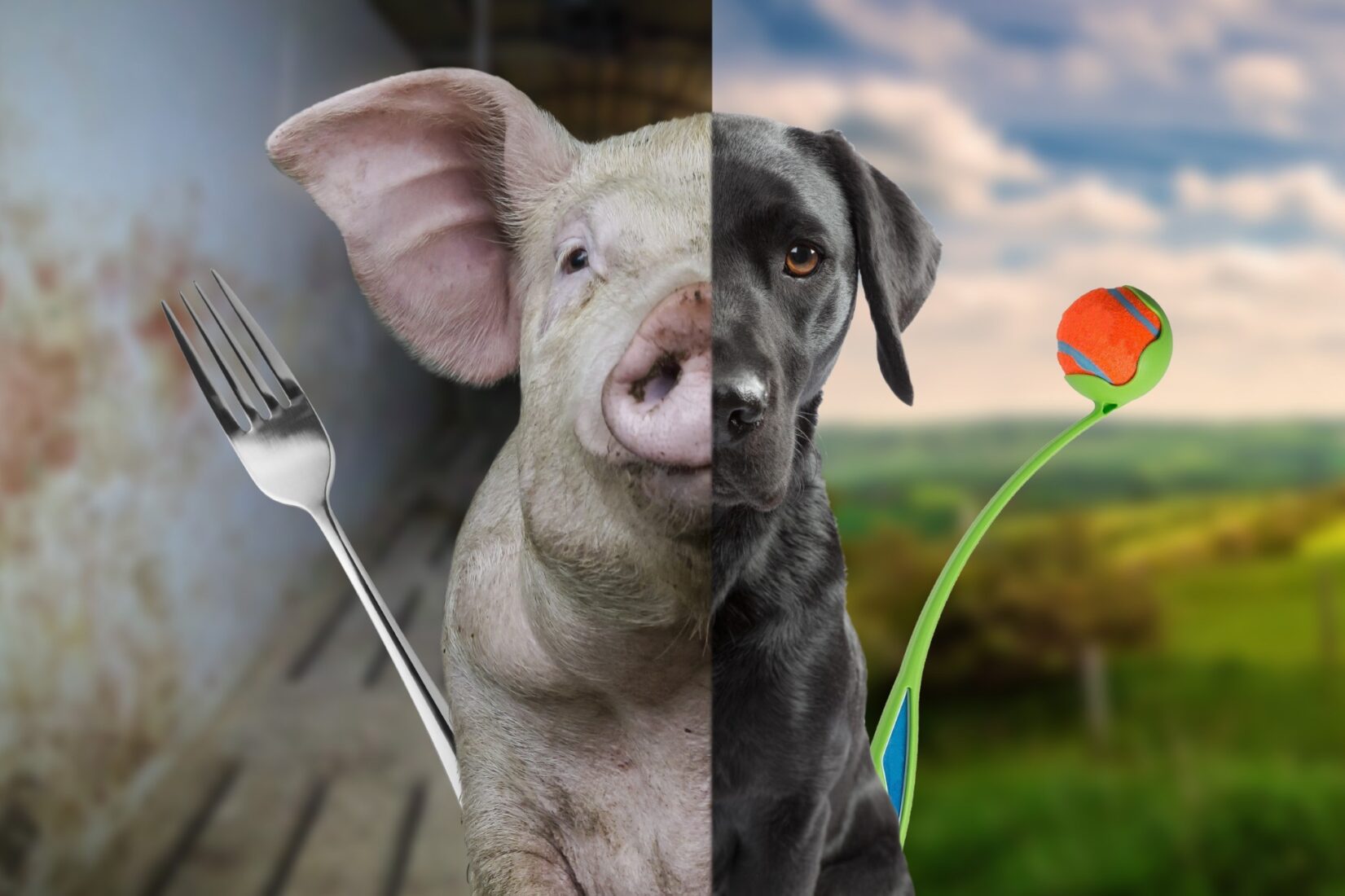Crohn’s disease
Crohn’s disease is a chronic inflammatory bowel disease that causes inflammation of the lining of the digestive system. Symptoms can include diarrhoea, abdominal pain (tummy ache), extreme tiredness and weight loss. Crohn’s disease affects about one in every 1,000 people in the UK.
There is strong evidence that Crohn’s disease is caused by an infectious bug called Mycobacterium avium subspecies paratuberculosis (MAP). Studies suggest that most people with Crohn’s disease may be infected with MAP.
MAP infection is widespread among cows in the UK. In cows, it causes a chronic inflammatory infection in the intestines called Johne’s disease. MAP can survive pasteurisation and has been found in cow’s milk – one in four samples testing positive at certain times of the year!
MAP is a tough little bug and has been found in rivers giving rise to concerns that water supplies may be contaminated. This may explain the clusters of Crohn’s disease seen in areas like Cardiff in Wales where the river that runs through the town flows down from hills grazed by cows.
Avoiding meat and dairy products alone may not be enough to ensure avoiding MAP, but if everyone reduced their intake of animal products there would be fewer cows and less MAP in the environment.
For patients that have Crohn’s disease, avoiding foods that aggravate the symptoms can help avoid drug (corticosteroid) therapy. Studies show that the types of food and drink that have been associated with worsening symptoms include:
- Milk and dairy products
- Alcohol
- Spicy foods
- Fatty foods
- High-fibre foods (individual)
Some studies actually used plant-based diets to treat Crohn’s disease with high rates of success. A wholesome vegan diet promotes the good bacteria in the gut that help reduce inflammation and thus help reduce flare-up of the disease. As well as avoiding foods that worsen symptoms, eating smaller meals at more frequent intervals, drinking adequate fluids, avoiding caffeine and alcohol, taking vitamin/mineral supplements, eliminating dairy, limiting excess fat and reducing some carbohydrates during flare ups can help.
Stress and smoking can also influence the course of Crohn’s disease.
Read more about Crohn’s disease and cow’s milk.
Find out more about diet and inflammatory bowel diseases.




